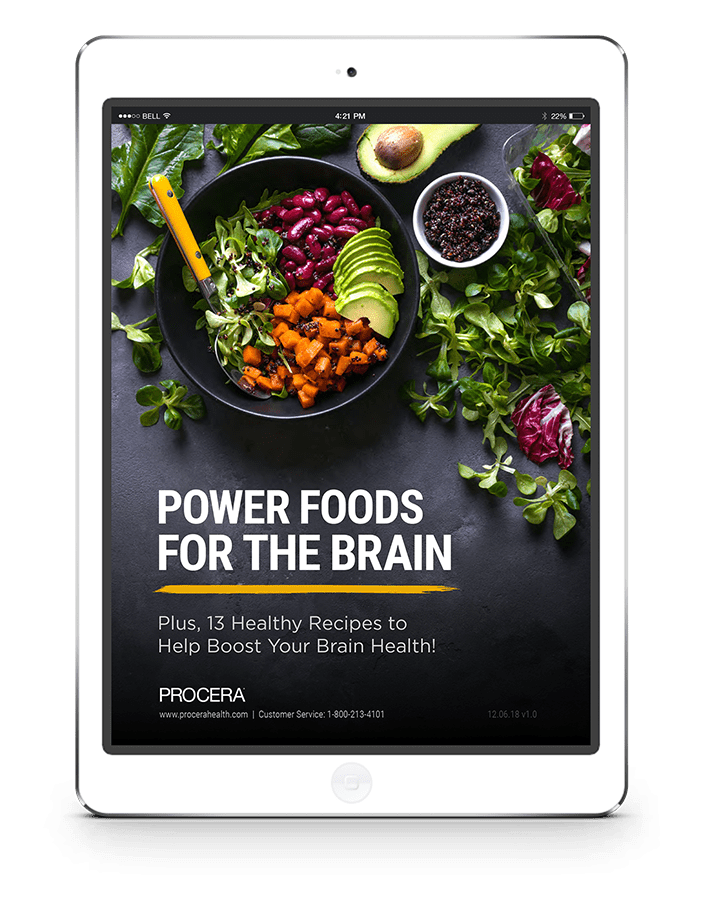
In the digital era, our lives are interwoven with technology, making it an indispensable part of our daily routines. While this connectivity has undoubtedly enriched our lives, it has also brought along an array of distractions that can hinder our ability to stay focused. In this article, we will explore the impacts of digital distractions on cognitive function, mood balance, stress levels, and sleep habits, as well as practical tips to help you regain and maintain focus amidst all the digital noise.
The Impact of Digital Distractions on Cognitive Function
Constant exposure to digital distractions, such as social media, notifications, and endless streams of information, can significantly impact cognitive function. Our brains are not designed to process such an overwhelming influx of data, leading to reduced attention spans and decreased ability to concentrate on important tasks.
The phenomenon of multitasking, often celebrated as a valuable skill, can actually hamper cognitive abilities. Frequent task-switching due to digital distractions can lead to decreased productivity, increased errors, and reduced efficiency. Moreover, excessive use of digital devices can contribute to a phenomenon known as "digital amnesia," where reliance on external devices weakens our memory capacity.
Maintaining Mood Balance in a Digitally Distracted World
Digital distractions can have profound effects on mood and emotional well-being. Social media, for instance, can evoke feelings of inadequacy and anxiety due to constant comparisons with others' seemingly perfect lives. The fear of missing out (FOMO) can also lead to increased stress and a perpetual sense of restlessness.
Furthermore, the constant bombardment of negative news and online conflicts can exacerbate feelings of sadness, anger, and hopelessness. Prolonged exposure to these negative emotions may contribute to a decline in overall mood balance, affecting both personal and professional relationships.
Managing Stress Levels Amidst the Digital Deluge
The incessant notifications and information overload from digital devices can lead to heightened stress levels. The "always-on" culture, where people are expected to respond instantly to messages and emails, puts immense pressure on individuals to be constantly available.
Chronic stress can have adverse effects on physical and mental health, leading to issues such as headaches, fatigue, and impaired decision-making. It is essential to find ways to disconnect from digital distractions to alleviate stress and foster a healthier work-life balance.
Sleep Habits in the Age of Digital Engagement
The blue light emitted by screens can disrupt our circadian rhythms, making it difficult to fall asleep and obtain restorative rest. The overstimulation from digital devices can keep our minds active, hindering our ability to unwind before bedtime. As a result, sleep quality and quantity can suffer, leading to daytime sleepiness and impaired cognitive performance.
Practical Tips to Stay Focused and Mindful
- Establish Digital Boundaries: Set specific times during the day to check emails, messages, and social media. Use "Do Not Disturb" mode during focused work or leisure activities to minimize interruptions.
- Prioritize Tasks: Create a to-do list with the most important tasks at the top. Focusing on one task at a time improves efficiency and reduces mental clutter.
- Practice Mindfulness: Engage in mindfulness exercises, such as meditation or deep breathing, to improve attention and reduce stress.
- Design a Distraction-Free Environment: Organize your workspace to minimize digital distractions and promote focus.
- Take Breaks: Regular breaks can help refresh the mind and enhance productivity. Use these breaks to stretch, go for a walk, or engage in a non-digital hobby.
- Limit Social Media Usage: Set time limits for social media and choose to engage in meaningful, uplifting content.
- Create a Digital Detox Routine: Designate certain times or days for a complete digital detox, allowing yourself to unplug and recharge.
- Introduce Supplementation: Include supplementation into your daily regime to help balance areas in which you struggle, such as; mood balance and stress management, sleep support, energy & focus etc. Procera offers a complete and comprehensive line of naturally sourced, clinically studied, and potent supplements that can provide the support you need. Click here to shop now.
While the digital age has revolutionized the way we live, it's crucial to be aware of the potential drawbacks it brings, particularly in terms of distractions. By recognizing the impacts of digital distractions on cognitive function, mood balance, stress levels, and sleep habits, we can take proactive steps to mitigate their effects and cultivate a healthier and more focused lifestyle. By setting digital boundaries and incorporating mindful practices, we can strike a balance between our digital engagement and overall well-being, enhancing productivity and happiness in the process.








.png?width=1350&name=Procera%20Logo%20W%20Tagline%20White%20(3).png)
Comments
Add Comment